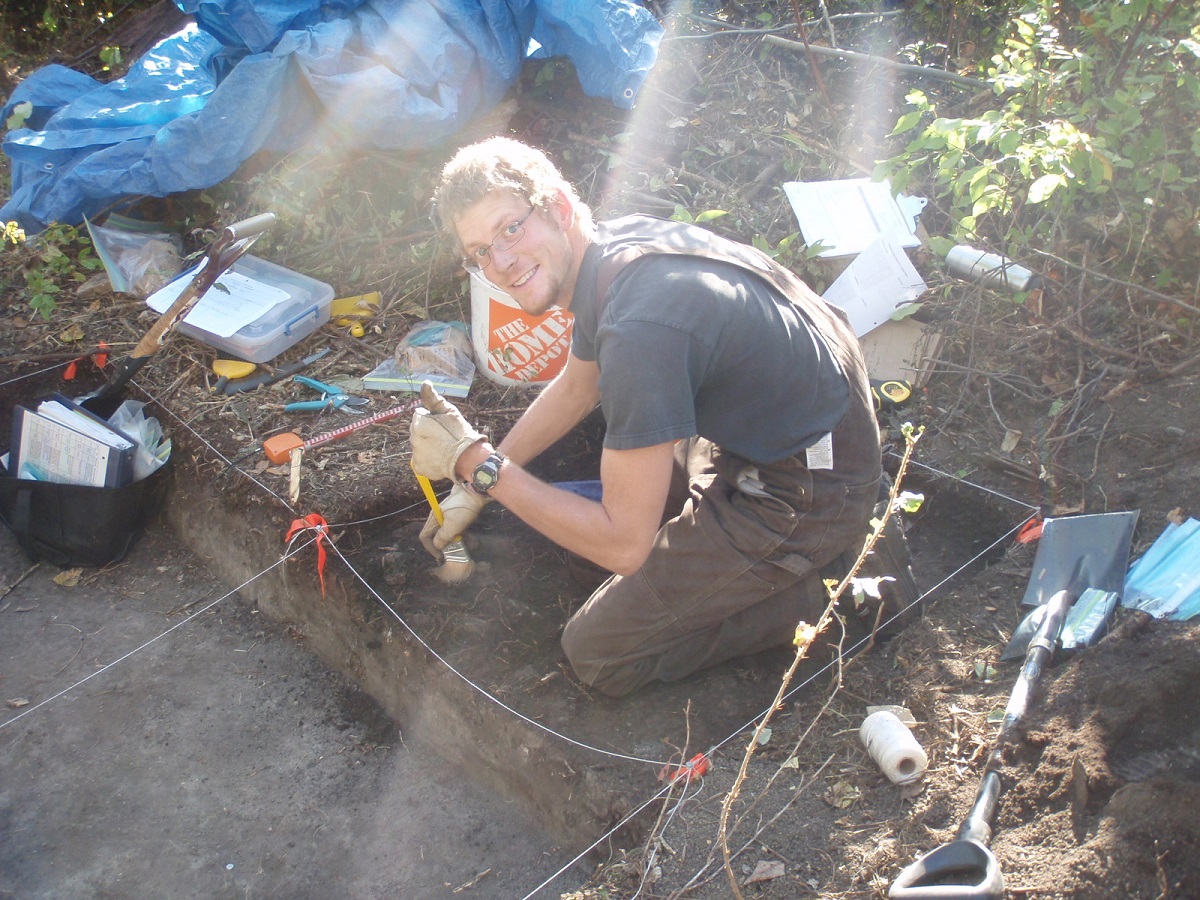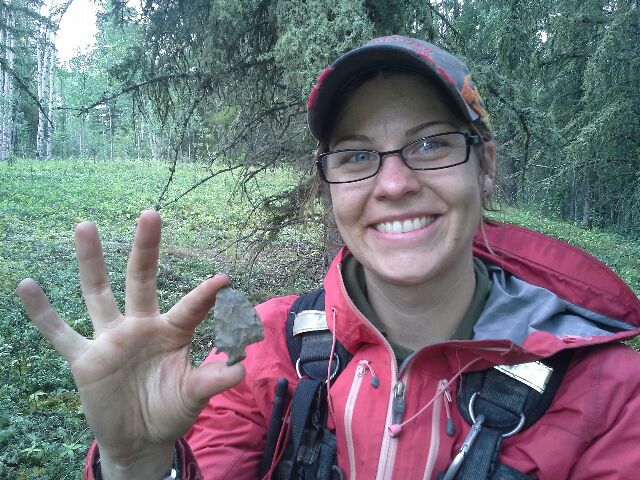The Borden System is used to provide each archaeological site in Canada with a unique identifier, called a Borden Number. These identifiers consist of two parts – four letters (formatted AaBb) and a number separated by a dash. The letters represent the Borden block which is the geographical location of the site and the number indicates the sequence when it was identified.
The Borden System was invented by Charles E. Borden with the help of Wilson Duff in 1952 at the University of British Columbia. Charles E. Borden is sometimes referred to as the “grandfather of British Columbia archaeology” despite not having a background in archaeology. He was born in New York City in 1905 and then moved to Germany as an infant where he lived until at 22 he discovered that he was an American citizen. He returned to the United States and went to university in California to study German literature. Continue reading “What is a Borden Number?”


